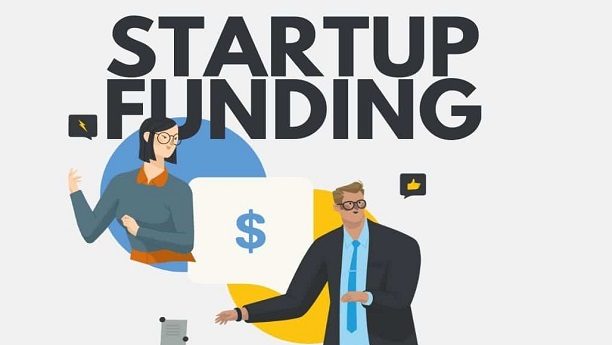
Investment
12 Steps to Finding the Perfect Funding For Start Up Businesses
Perfect Funding Perfect Funding For Start Up Businesses
- What are the stages of funding for startups?
- What are the 6 stages of startup funding?
- How do I seek funding for startup?
- What are the Top 7 Sources of Small Business funding?
Starting a new business can be an exciting and rewarding endeavor, but it can also be expensive. One of the biggest challenges that entrepreneurs face is finding the right funding to get their business off the ground. The following 12 steps can help you find the perfect funding for your startup business.
- Determine your funding needs The first step in finding the perfect funding for your start-up business is to determine your funding needs. This includes calculating how much money you will need to start and run your business for at least the first year.
- Assess your personal finances Before seeking outside funding, assess your personal finances to determine how much money you can invest in your business. This will also help you determine what type of funding you need.
- Look for grants Grants are a great source of funding for start-up businesses. You can search for grants that are specific to your industry or location. Many government organizations and private foundations offer grants to small businesses.
- Crowdfunding Crowdfunding is a popular way to raise funds for start-up businesses. You can use crowdfunding platforms to raise funds from a large number of people who are interested in your business.
- Friends and family Friends and family members are often willing to invest in a start-up business. You can approach them and ask for a loan or investment.
- Angel investors Angel investors are wealthy individuals who invest in start-up businesses in exchange for equity. You can find angel investors through networking events or online platforms.
- Venture capitalists Venture capitalists are investors who provide funding to start-up businesses in exchange for equity. They often invest in businesses that have the potential for high growth.
- Small Business Administration (SBA) loans The Small Business Administration (SBA) offers loans to small businesses. These loans are often easier to qualify for than traditional bank loans.
- Business incubators and accelerators Business incubators and accelerators provide funding, mentorship, and other resources to start-up businesses. They often focus on specific industries or types of businesses.
- Microloans Microloans are small loans that are often used by start-up businesses. They are typically easier to qualify for than traditional bank loans.
- Alternative lending Alternative lending options, such as online lenders, can be a good option for start-up businesses. These lenders often have less stringent requirements than traditional banks.
- Bank loans Bank loans are a traditional source of funding for start-up businesses. You will need to have a strong credit score and a solid business plan to qualify for a bank loan.
Finding the perfect funding for your start-up business can be challenging, but it is possible. By assessing your needs, exploring different funding options, and having a solid business plan, you can secure the funding you need to turn your business dream into a reality.



